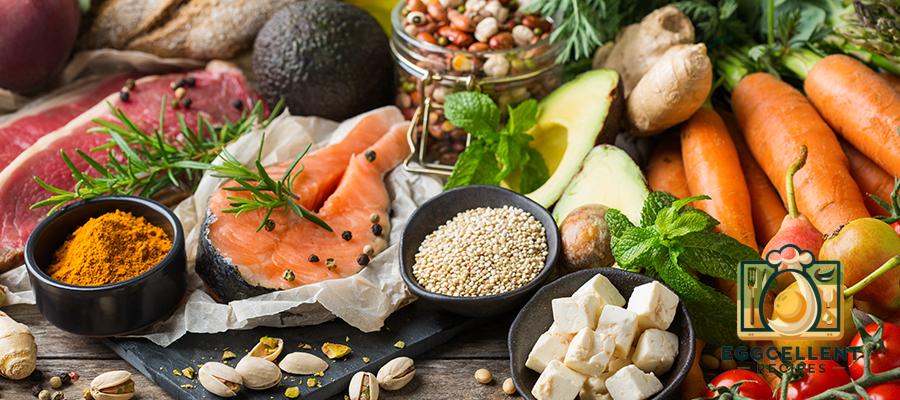
Chronic inflammation is linked to numerous health issues, including arthritis, heart disease, and autoimmune conditions. An anti-inflammatory diet, rich in antioxidants, healthy fats, and nutrients, can help reduce inflammation levels and promote overall well-being. This article provides an overview of what an anti-inflammatory diet is, the foods it includes, and a comprehensive meal plan for a week.
Understanding the Anti-Inflammatory Diet: Benefits and Principles
The anti-inflammatory diet is a way of eating that aims to reduce or prevent chronic inflammation, a physiological process linked to numerous health issues including arthritis, diabetes, heart disease, and many autoimmune diseases. Chronic inflammation can also be implicated in less obvious conditions like fatigue, pain, and the aging process. Here’s what you need to know about this diet and its significance.
What is an Anti-Inflammatory Diet?

An anti-inflammatory diet focuses on consuming foods that help reduce systemic inflammation in the body, which can contribute to various chronic diseases. It emphasizes eating whole, nutrient-dense foods while minimizing processed foods, sugars, and unhealthy fats that can exacerbate inflammation.
Key Components of an Anti-Inflammatory Diet:
- Fruits and Vegetables: Rich in antioxidants and phytonutrients that reduce inflammatory responses.
- Whole Grains: Full of fiber, which helps lower C-reactive protein, a marker of inflammation in the blood.
- Healthy Fats: Sources like olive oil and omega-3 fatty acids (found in fish) are essential for fighting inflammation.
- Lean Proteins: Such as chicken and legumes, which support muscle repair without promoting inflammation.
- Spices and Herbs: Many herbs, including turmeric and ginger, have potent anti-inflammatory properties.
Foods to Avoid:
- Processed Foods: High in unhealthy fats and additives that can increase inflammation.
- Refined Sugars and Carbohydrates: Spike blood sugar levels and can contribute to inflammatory responses.
- Excessive Alcohol and Caffeine: Can disrupt immune function and exacerbate inflammation.
Why Do We Need an Anti-Inflammatory Diet?
The diet is designed to stabilize blood sugar, maintain a healthy weight, manage stress, and optimize gut health—all factors that influence inflammation levels. Here’s why adopting such a diet can be crucial:
-
- Chronic Inflammation and Disease: Persistent inflammation is linked to the development of many chronic diseases. By controlling inflammation through diet, you can potentially lower your risk of these diseases.
- Aging and Cellular Health: Inflammation affects the body’s aging process and can accelerate cellular damage. Anti-inflammatory foods help protect cells from damage and slow down the aging process.
- Improved Gut Health: A significant amount of the body’s immune system is located in the gut, which reacts directly to food. Anti-inflammatory eating supports gut health and thus overall immune function.
Anti-Inflammatory Meal Plan for a Week

Day 1: Monday
- Breakfast: Oatmeal topped with mixed berries and a sprinkle of cinnamon.
- Lunch: Grilled chicken salad with mixed greens, cherry tomatoes, avocados, and a vinaigrette made with olive oil.
- Dinner: Baked salmon with a side of steamed broccoli and sweet potatoes.
Day 2: Tuesday
- Breakfast: Greek yogurt with honey, walnuts, and sliced apple.
- Lunch: Quinoa and black bean salad with chopped veggies and lime dressing.
- Dinner: Stir-fry with lean beef, bell peppers, broccoli, and a tamari sauce.
Day 3: Wednesday
- Breakfast: Smoothie with spinach, banana, pineapple, and flaxseed.
- Lunch: Turkey and avocado wrap with whole grain tortilla.
- Dinner: Grilled shrimp over a salad of arugula, kale, and avocado with a lemon-olive oil dressing.
Day 4: Thursday
- Breakfast: Chia pudding made with almond milk and topped with fresh berries.
- Lunch: Lentil soup with a side of whole-grain bread.
- Dinner: Roasted chicken with Brussels sprouts and quinoa.
Day 5: Friday
- Breakfast: Scrambled eggs with spinach and mushrooms.
- Lunch: Baked falafel with tahini sauce and a side of cucumber-tomato salad.
- Dinner: Grilled tilapia with a mango salsa and wild rice.
Day 6: Saturday
- Breakfast: Pancakes made with almond flour, served with a berry compote.
- Lunch: Sliced turkey breast with hummus, and bell pepper sticks.
- Dinner: Pasta with pesto sauce and roasted vegetables.
Day 7: Sunday
- Breakfast: Avocado toast on whole grain bread topped with poached eggs.
- Lunch: Grilled vegetable and goat cheese salad.
- Dinner: Beef stew with carrots, potatoes, and celery.
Conclusion
This anti-inflammatory meal plan focuses on wholesome, nutrient-dense foods to help reduce inflammation and promote health. By incorporating a variety of anti-inflammatory foods into your diet, you can enjoy delicious, healthful meals while benefiting your body’s overall functioning. Remember, it’s important to adjust any meal plan to your specific health needs and preferences.

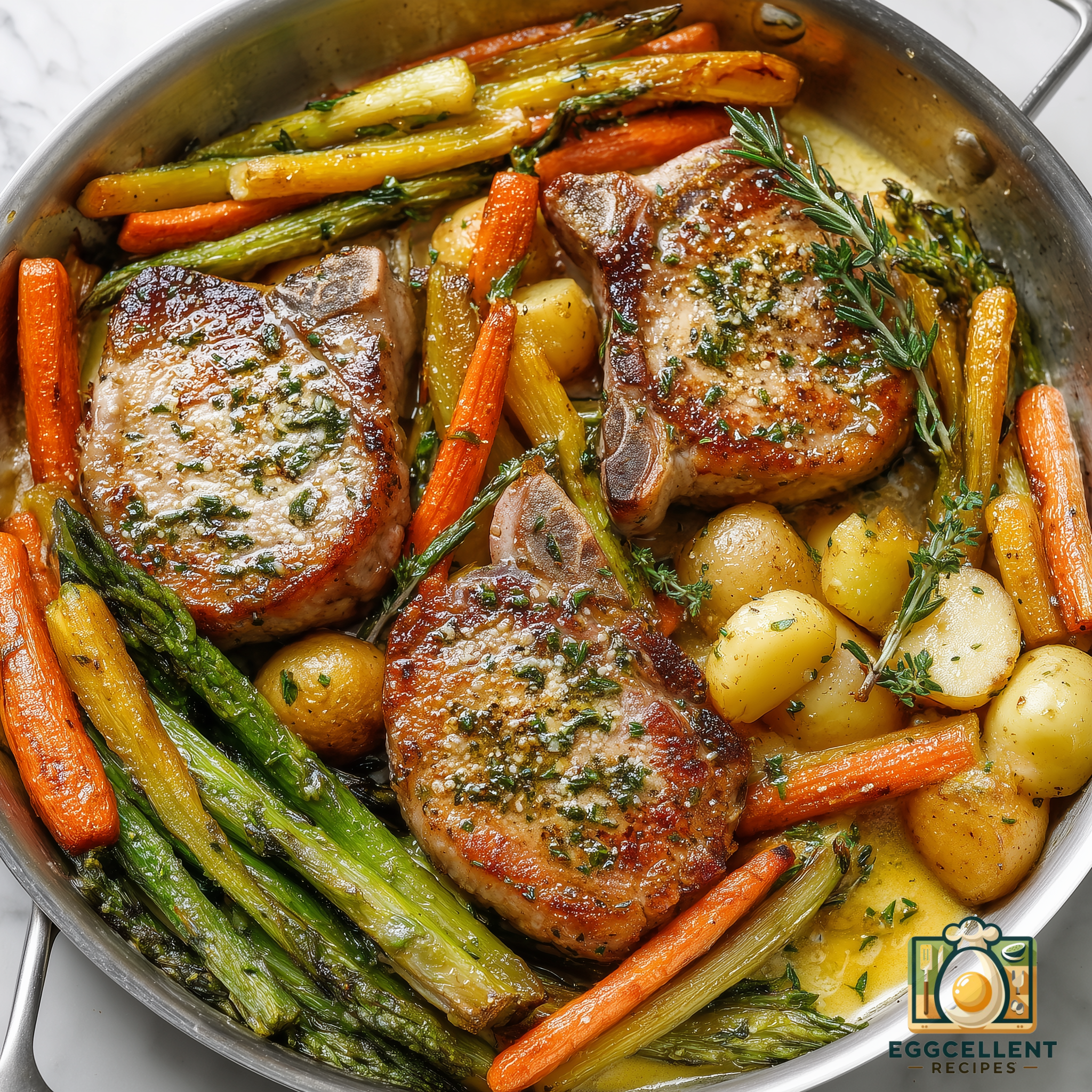
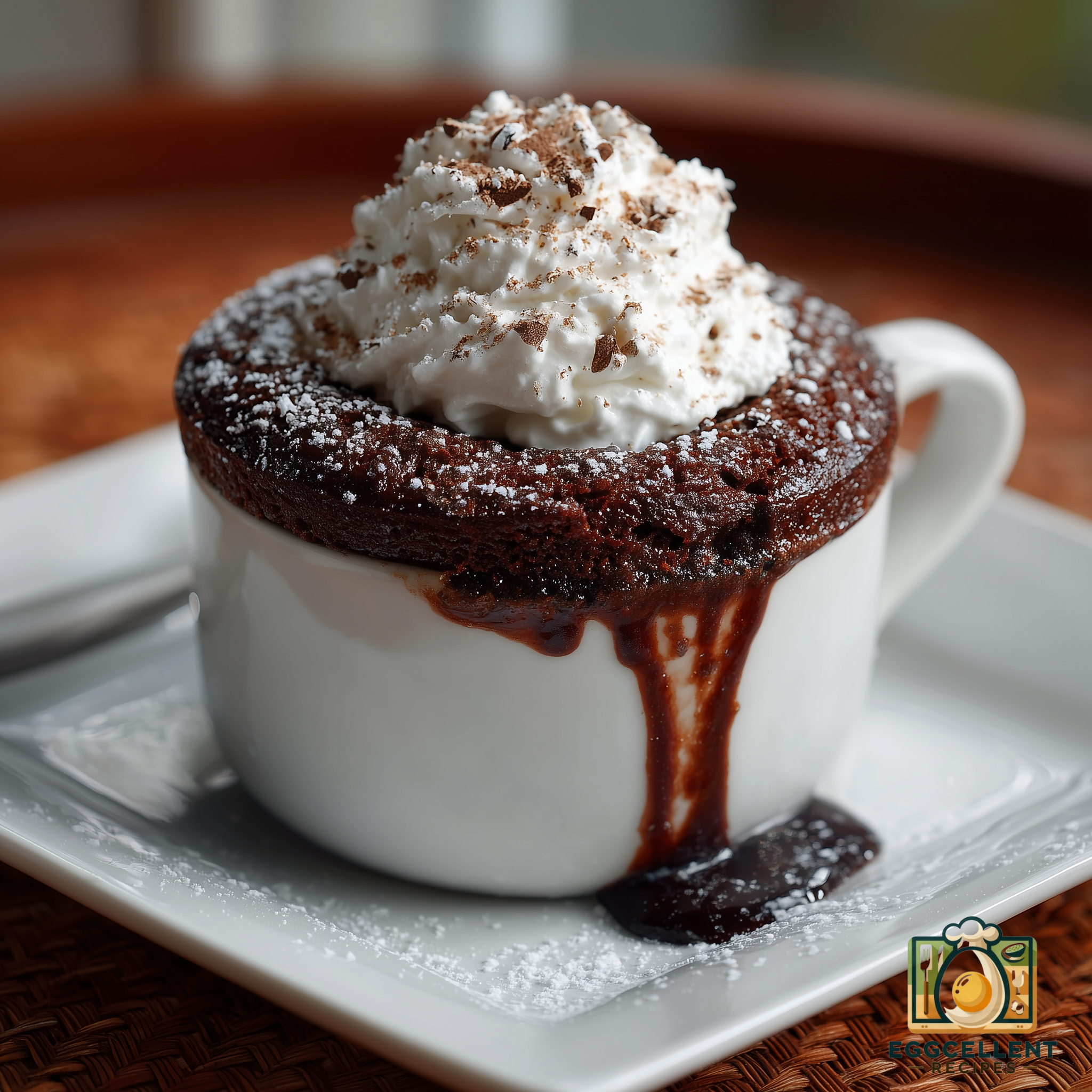
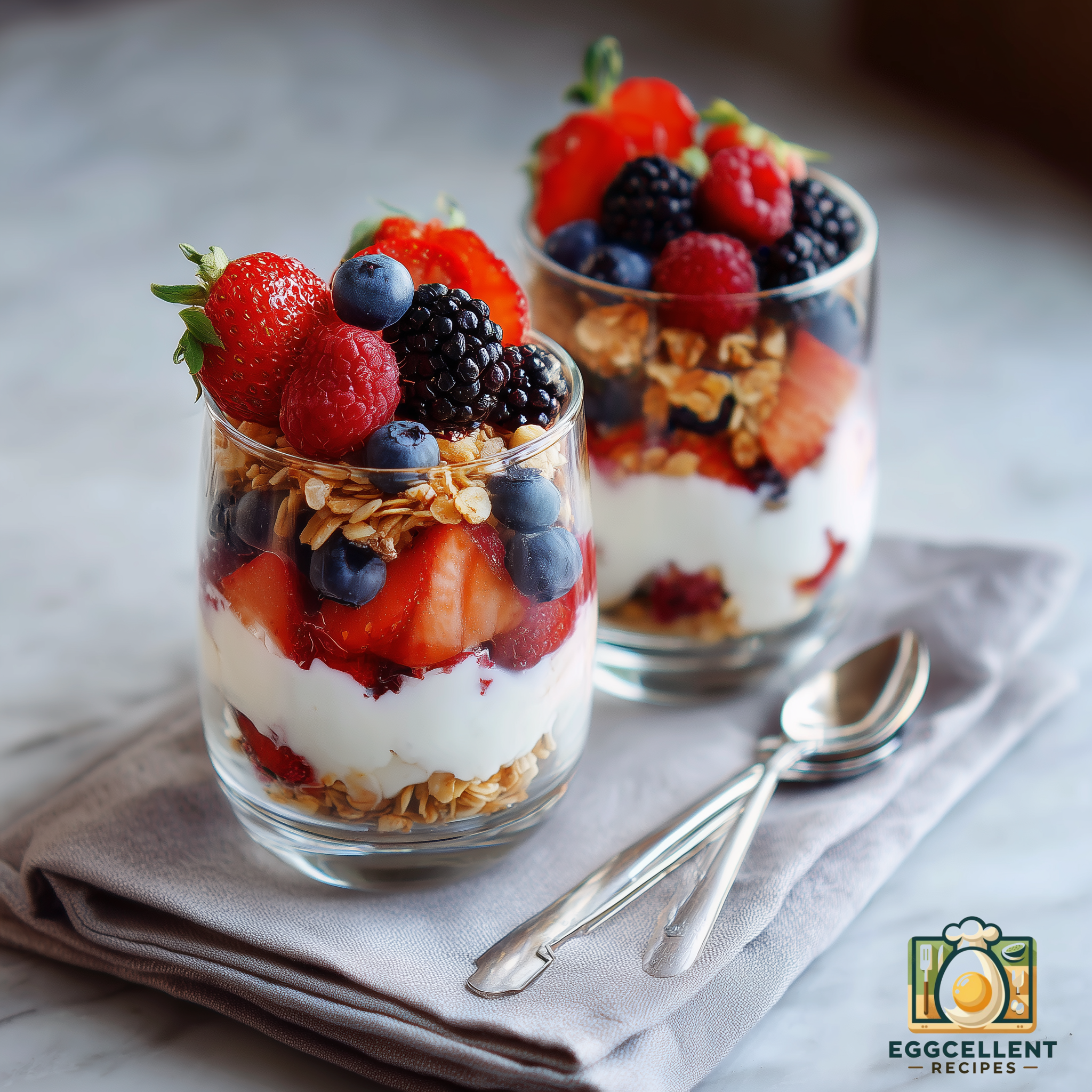
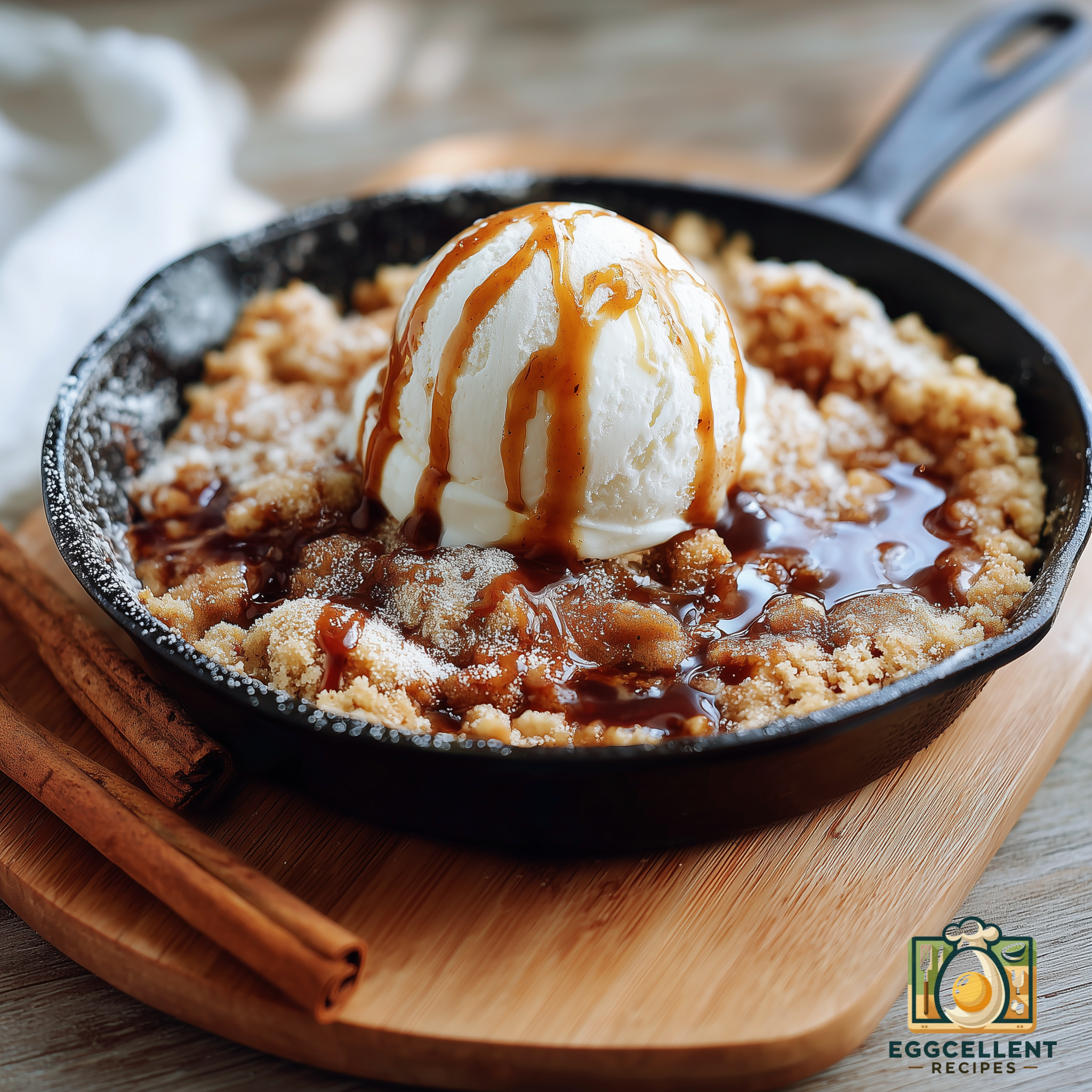
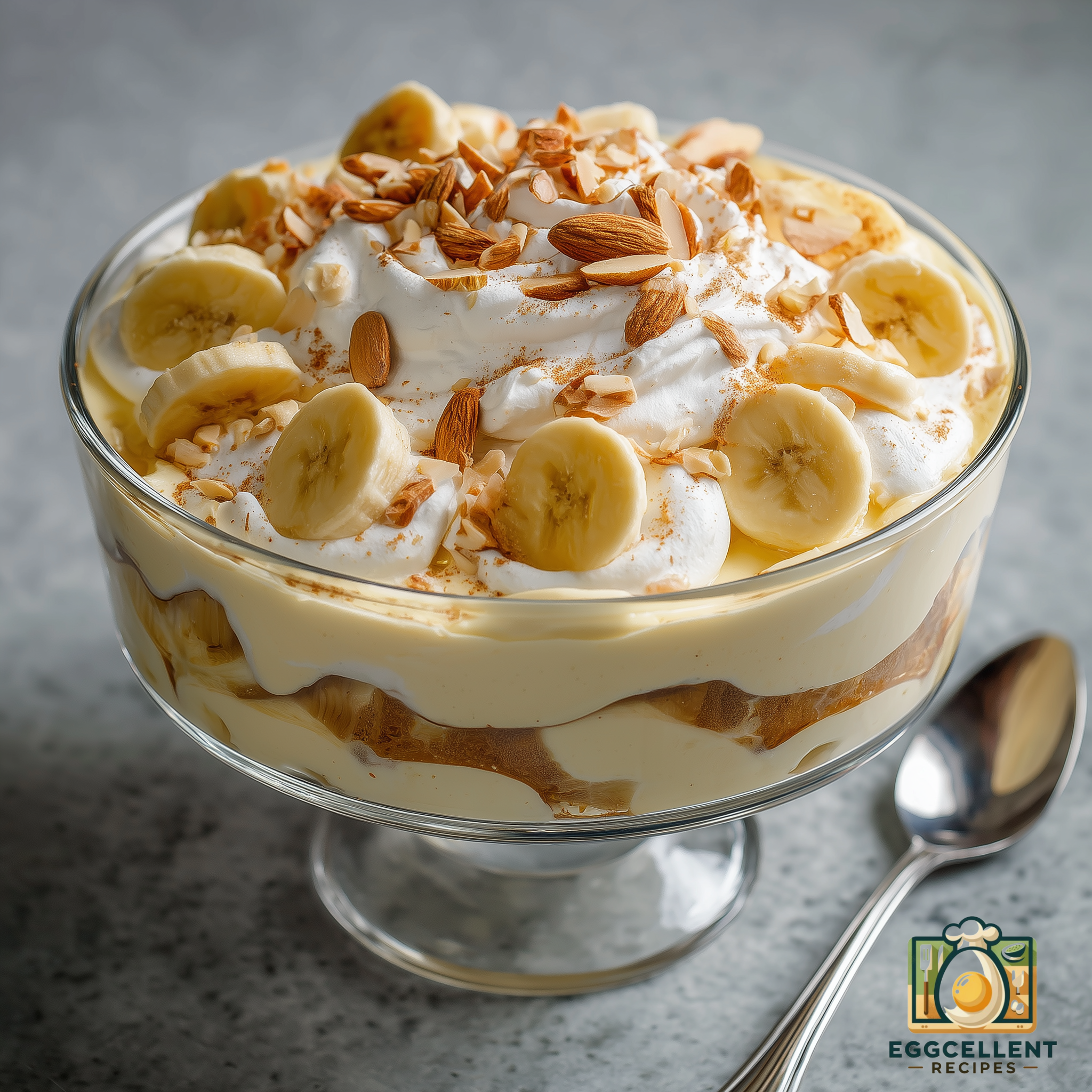

2 Responses
I am gluten intolerant so what are some food that I would use as substitutes for the foods that contain gluten or wheat?